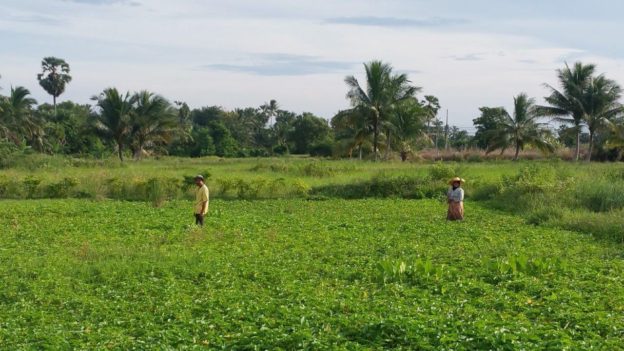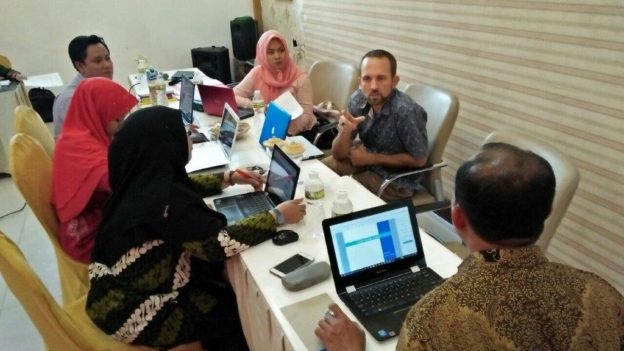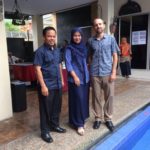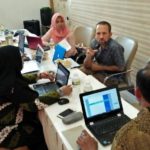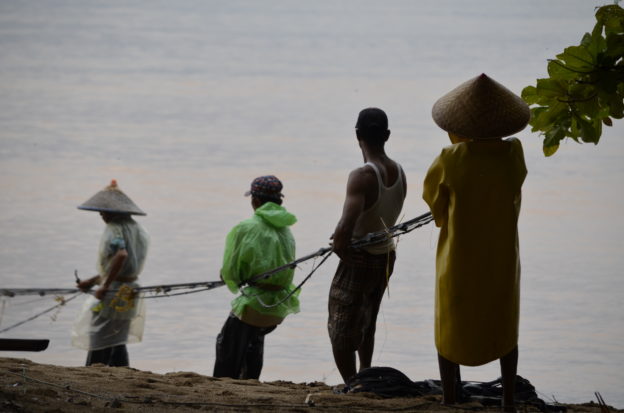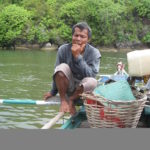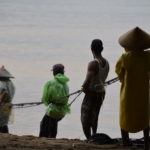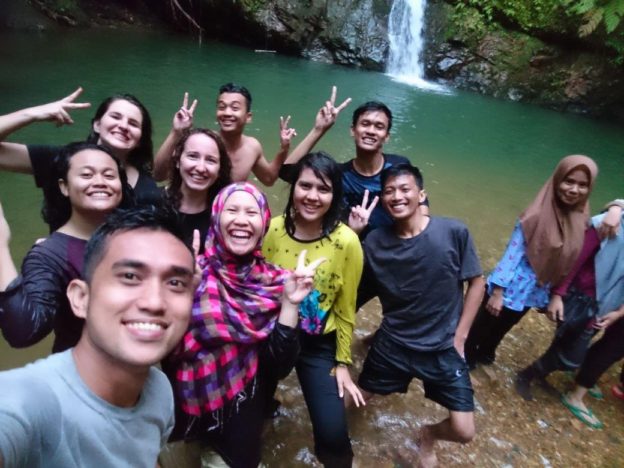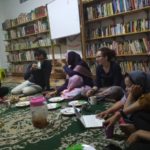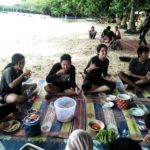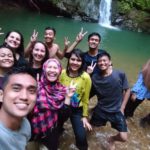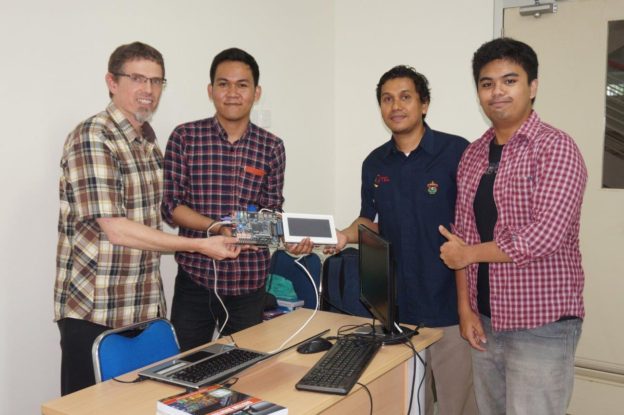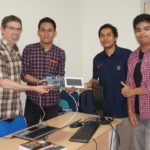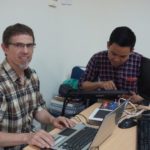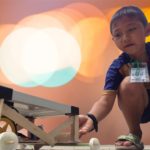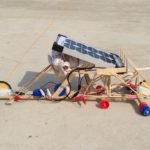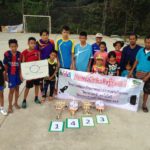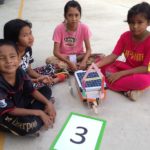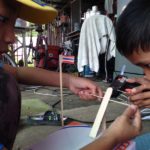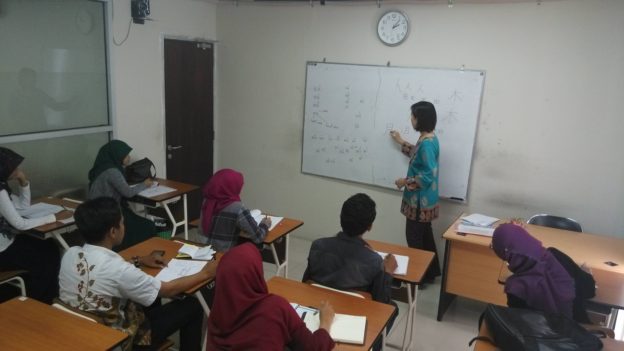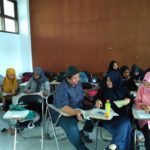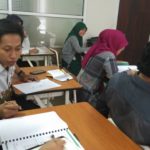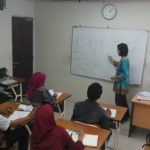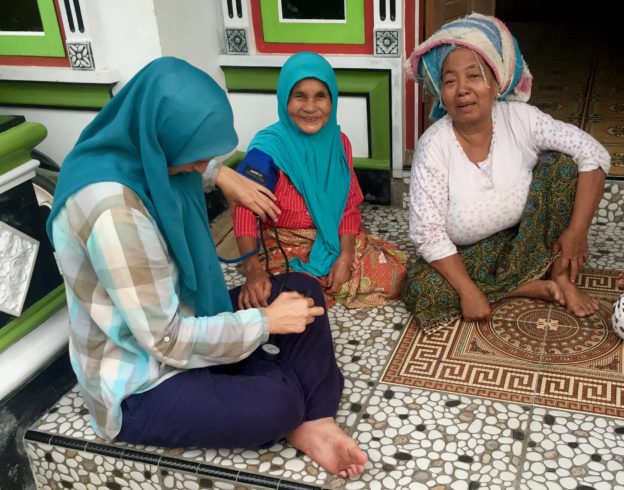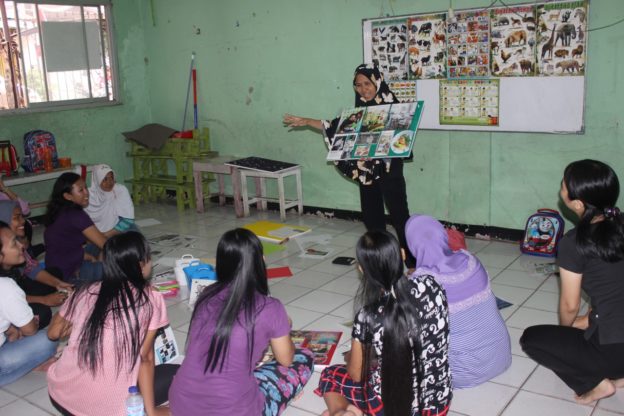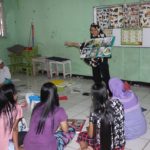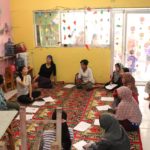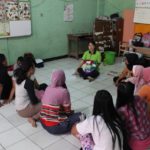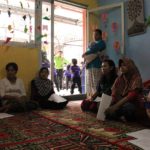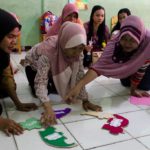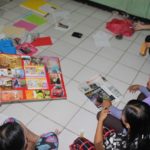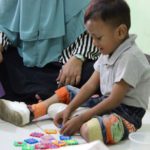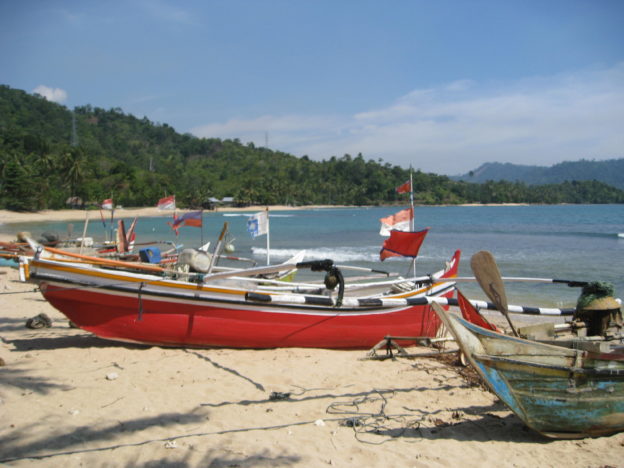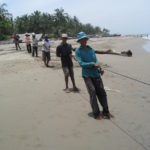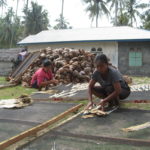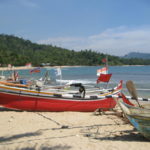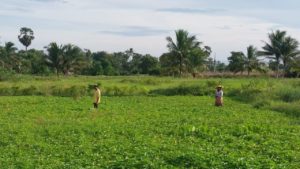 One of the main problems with most community development projects is that when the outside/foreign help leaves, the project usually ends. This is why it is crucial that any development project is ‘owned’ by the community themselves. If members of communities want to see change happen, they will step up and take responsibility to make it happen. In Thailand many projects are started, but not many endure the long haul and in the end the people are left without any improvement. So what is the benefit of outside help at all? Well, as community developers, our role is to come alongside the community members and guide them as they identify their greatest needs, set up a plan, appoint a leadership team to make sure the plan is carried out and then implement it. All these steps are ‘owned’ by the community, not the outside help. The community developer acts as a mentor, but the problems are solved by the community. This way, when the developer leaves to go and help the next community, the original community can carry on with the project and even start new projects on their own. This is how long term and sustainable change will occur.
One of the main problems with most community development projects is that when the outside/foreign help leaves, the project usually ends. This is why it is crucial that any development project is ‘owned’ by the community themselves. If members of communities want to see change happen, they will step up and take responsibility to make it happen. In Thailand many projects are started, but not many endure the long haul and in the end the people are left without any improvement. So what is the benefit of outside help at all? Well, as community developers, our role is to come alongside the community members and guide them as they identify their greatest needs, set up a plan, appoint a leadership team to make sure the plan is carried out and then implement it. All these steps are ‘owned’ by the community, not the outside help. The community developer acts as a mentor, but the problems are solved by the community. This way, when the developer leaves to go and help the next community, the original community can carry on with the project and even start new projects on their own. This is how long term and sustainable change will occur.
The SEEDS team in South Thailand is on the verge of partnering with a few communities that want to see change for the better. This is an exciting time as many discussions take place with the leadership about potential areas of development and getting the communities to work together. A long road of hard work lies ahead, but the reward of seeing lasting change makes the planning and the contribution of all the community members worth it.

